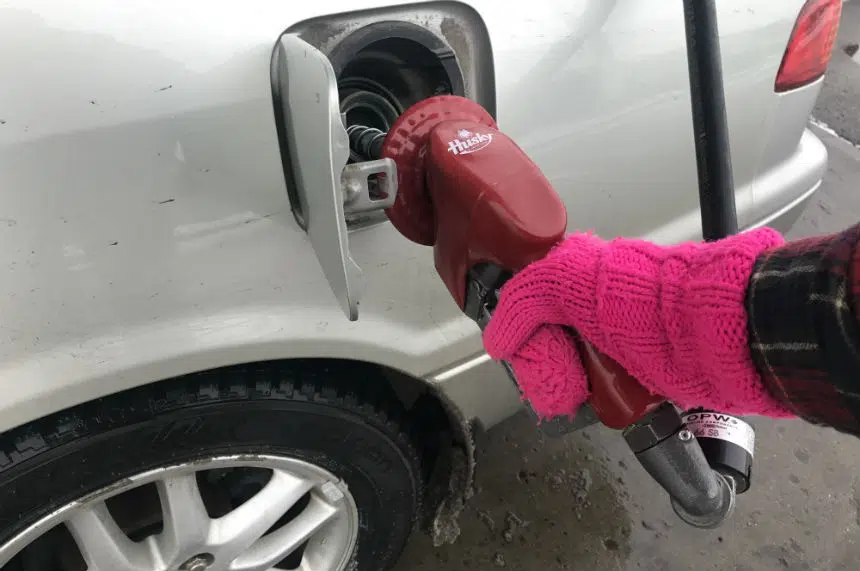There has been a marked difference of opinion between the federal and provincial governments when it comes to the energy sector, addressing greenhouse gas emissions and the carbon tax.
Jonathan Wilkinson — Canada’s minister for the environment and climate change — doesn’t think the two levels of government have been that far apart, saying “the divergences were a little bit overblown.”
Speaking on Gormley, Wilkinson said there were a number of projects on which the feds and the Sask. Party have worked together — and will continue to do so.
“We do have lots of areas where we agree,” Wilkinson said. “I think what Canadians want is their federal government and their provincial government to dial down the rhetoric a little bit and to try to find areas where we can collaborate effectively.”
The Saskatchewan government has disagreed with a number of federal policies, most notably the federal carbon tax. Saskatchewan has challenged the constitutionality of the tax in court, taking the case all the way to the Supreme Court of Canada.
The province also isn’t impressed that the carbon tax is to increase from $20 per tonne of emissions to $30 per tonne on Jan. 1, while the carbon tax rebate for Saskatchewan families is to decrease in 2020.
According to the federal government, a family of four in this province will qualify for rebates totalling $809 in 2020, down from the $903 that was projected last year.
Wilkinson said the numbers initially were developed based on a model that since has been “refined a little bit.” As a result, the rebate has decreased – but the tax still is going up.
“It’s based on essentially what we forecast people will actually utilize and that has come down, so what people are projected to pay is less and what they will get back is less,” Wilkinson said. “But 80 per cent of Canadians get more money back than what they pay.”
Wilkinson’s background is in the tech sector, so he admittedly is interested in more energy sources than just those based in carbon.
He pointed to the carbon capture sequestration technique used by SaskPower, as well as the methods used by companies in Calgary and Vancouver that bring hydrogen out of the ground while leaving the carbon behind.
Those kinds of projects intrigue him.
“I actually think there is an interesting conversation that we need to be having going forward about, ‘How do we actually extract value from the resources that we have without the pollution?’ ” Wilkinson said.
As a result of the federal election, Justin Trudeau’s government was left without any MPs from Alberta or Saskatchewan.
To help alleviate growing feelings of western alienation, Trudeau turned to people like Wilkinson – a former resident of Saskatchewan who now lives in B.C. — to give the region a voice in cabinet.
Wilkinson is convinced his interest in the energy sector and his role as environment minister could help bridge the gap.
“This nexus between climate and energy, it shouldn’t be ‘either/or,’ it should be ‘and,”’ he said. “We address climate and we find pathways for energy.”







